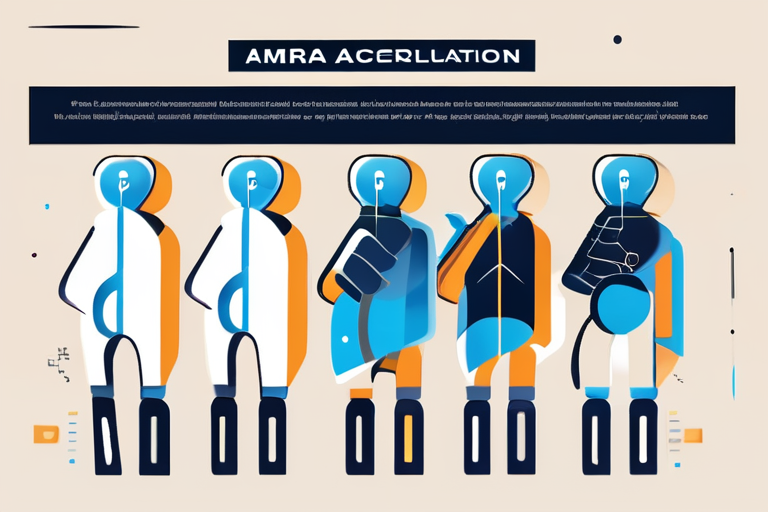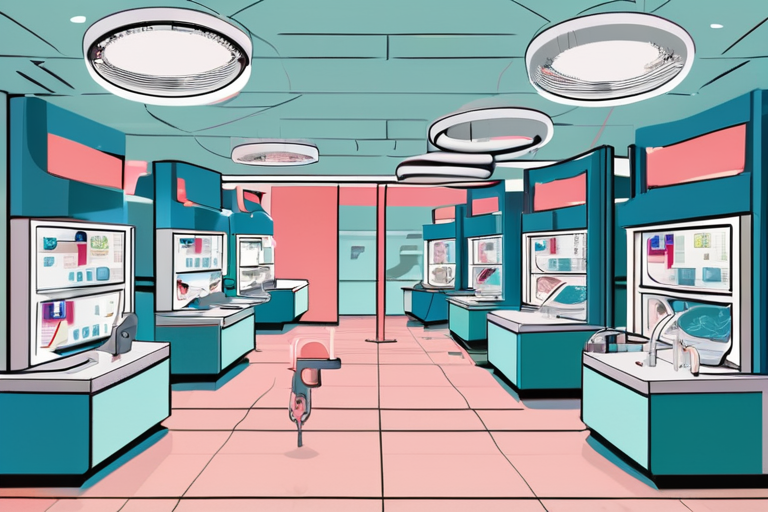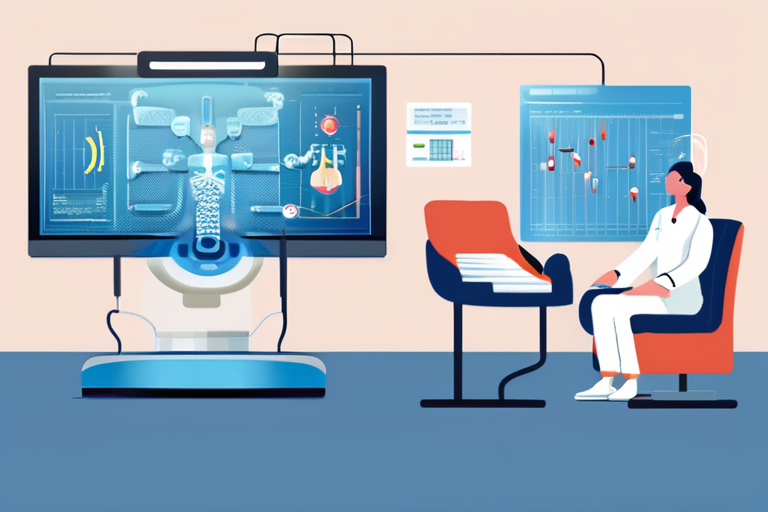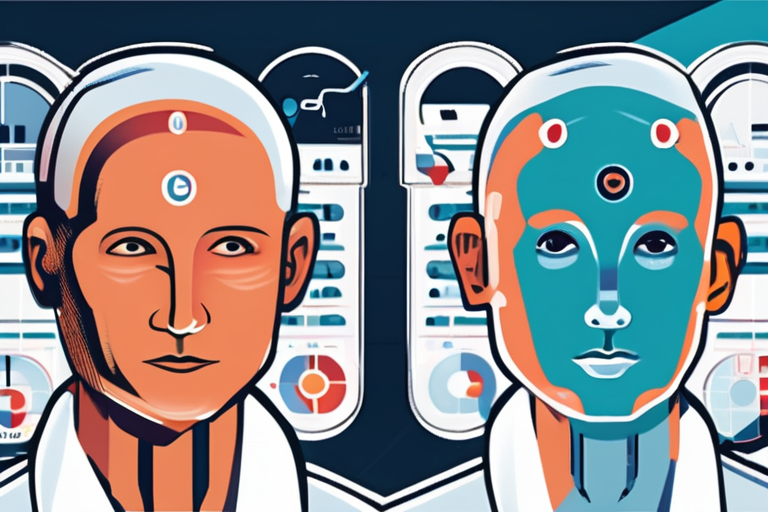MHRA Accelerates AI Revolution in Patient Care with 7 Groundbreaking Tools


Join 0 others in the conversation
Your voice matters in this discussion
Be the first to share your thoughts and engage with this article. Your perspective matters!
Discover articles from our community

 Hoppi
Hoppi

 Hoppi
Hoppi

 Hoppi
Hoppi

 Hoppi
Hoppi

 Hoppi
Hoppi

 Hoppi
Hoppi

The Download: LLM-Powered Medical Clinics and a $1 Billion Fusion Deal A medical startup in Southern California is revolutionizing the …

Hoppi

Unlocking the Future of Healthcare: AI, Data, and Human-Centered Experience A revolutionary approach to healthcare is emerging, one that combines …

Hoppi

The Download: LLM-Powered Medicine and a Billion-Dollar Fusion Deal In a move that has sparked debate among medical professionals, a …

Hoppi

MHRA Fast-Tracks Next Wave of AI Tools for Patient Care The Medicines and Healthcare products Regulatory Agency (MHRA) has accelerated …

Hoppi

Research Hospitals Meet Global Health Challenges with Innovative Solutions In the wake of the COVID-19 pandemic, research hospitals have been …

Hoppi

MHRA Accelerates Development of AI Tools to Revolutionize Patient Care The UK's Medicines and Healthcare products Regulatory Agency (MHRA) has …

Hoppi